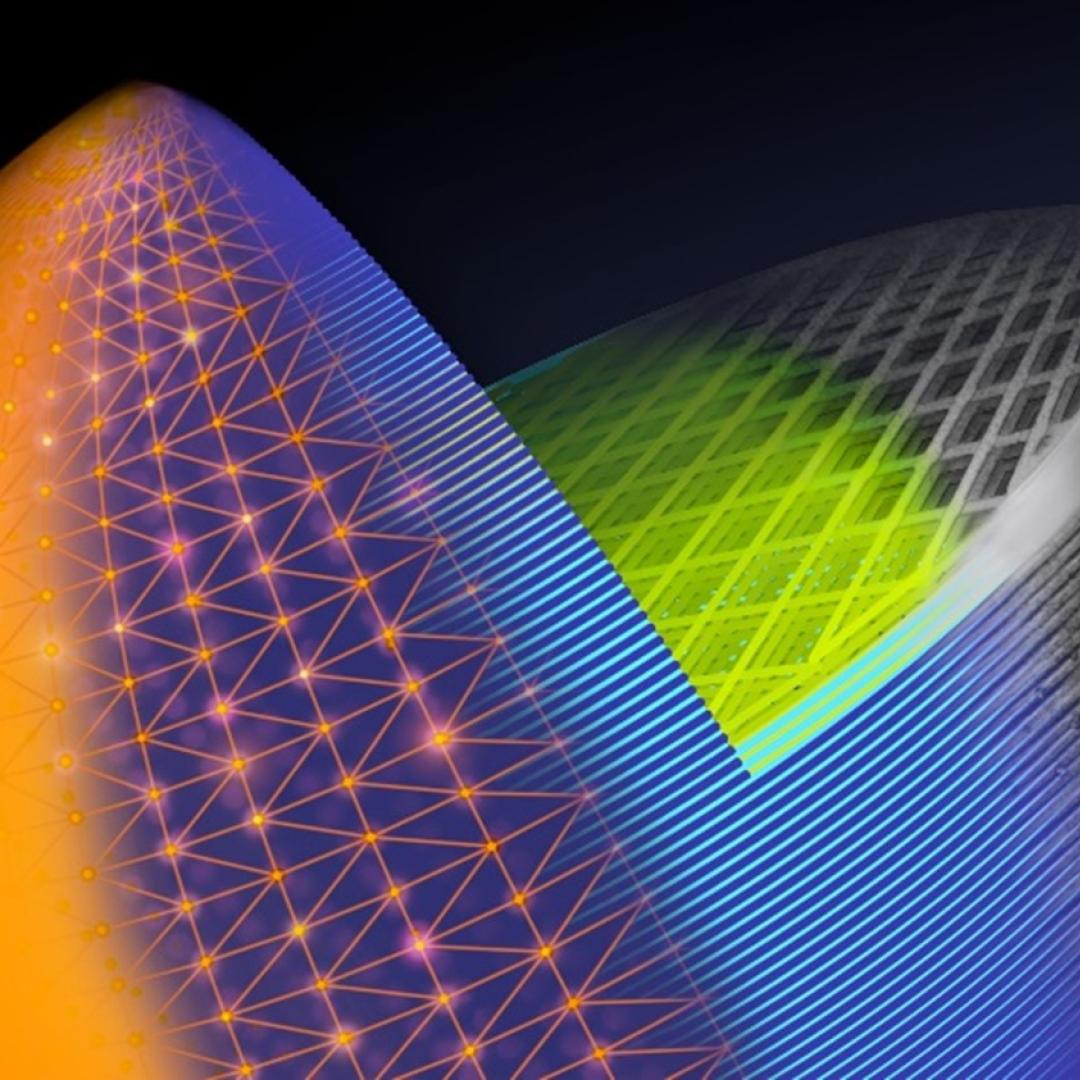
Filter News
Area of Research
- Advanced Manufacturing (7)
- Biology and Environment (13)
- Clean Energy (38)
- Computational Engineering (1)
- Computer Science (2)
- Fusion and Fission (3)
- Isotopes (1)
- Materials (25)
- Materials for Computing (3)
- National Security (12)
- Neutron Science (9)
- Nuclear Science and Technology (3)
- Quantum information Science (1)
- Supercomputing (34)
News Type
News Topics
- (-) 3-D Printing/Advanced Manufacturing (44)
- (-) Computer Science (57)
- (-) Partnerships (27)
- Advanced Reactors (10)
- Artificial Intelligence (29)
- Big Data (8)
- Bioenergy (24)
- Biology (22)
- Biomedical (17)
- Biotechnology (7)
- Buildings (13)
- Chemical Sciences (29)
- Clean Water (1)
- Climate Change (22)
- Composites (9)
- Coronavirus (17)
- Critical Materials (11)
- Cybersecurity (17)
- Decarbonization (19)
- Education (3)
- Element Discovery (1)
- Energy Storage (41)
- Environment (36)
- Exascale Computing (9)
- Fossil Energy (1)
- Frontier (14)
- Fusion (14)
- Grid (15)
- High-Performance Computing (26)
- Isotopes (18)
- ITER (2)
- Machine Learning (13)
- Materials (59)
- Materials Science (50)
- Mercury (2)
- Microelectronics (1)
- Microscopy (16)
- Molten Salt (2)
- Nanotechnology (26)
- National Security (18)
- Net Zero (3)
- Neutron Science (49)
- Nuclear Energy (26)
- Physics (24)
- Polymers (12)
- Quantum Computing (9)
- Quantum Science (26)
- Renewable Energy (1)
- Security (11)
- Simulation (8)
- Space Exploration (3)
- Statistics (2)
- Summit (20)
- Sustainable Energy (31)
- Transformational Challenge Reactor (4)
- Transportation (25)
Media Contacts
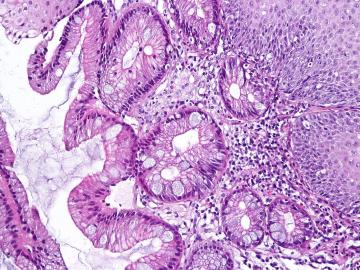
A team including researchers from the Department of Energy’s Oak Ridge National Laboratory has developed a digital tool to better monitor a condition known as Barrett’s esophagus, which affects more than 3 million people in the United States.
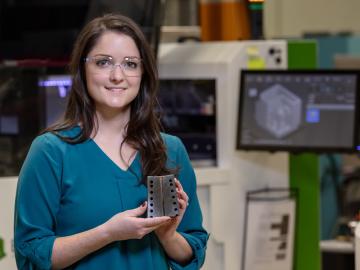
Amy Elliott, a group leader for robotics and intelligent systems at Oak Ridge National Laboratory, has received the 2021 ASTM International Additive Manufacturing Young Professional Award for her early career research contributions
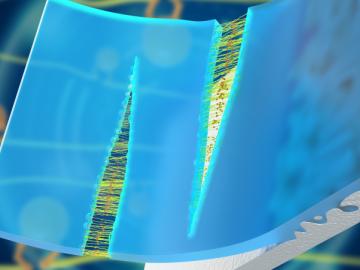
Research teams from the Department of Energy’s Oak Ridge National Laboratory and their technologies have received seven 2021 R&D 100 Awards, plus special recognition for a COVID-19-related project.
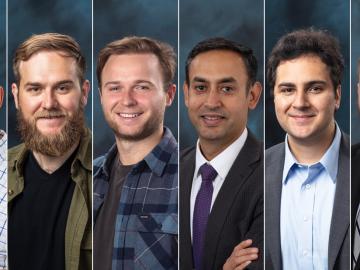
Six science and technology innovators from across the United States will join the fifth cohort of Oak Ridge National Laboratory’s Innovation Crossroads program in June.

The Department of Energy’s Oak Ridge National Laboratory has licensed its award-winning artificial intelligence software system, the Multinode Evolutionary Neural Networks for Deep Learning, to General Motors for use in vehicle technology and design.

The U.S. Department of Energy’s Innovative and Novel Computational Impact on Theory and Experiment, or INCITE, program is seeking proposals for high-impact, computationally intensive research campaigns in a broad array of science, engineering and computer science domains.

Using complementary computing calculations and neutron scattering techniques, researchers from the Department of Energy’s Oak Ridge and Lawrence Berkeley national laboratories and the University of California, Berkeley, discovered the existence of an elusive type of spin dynamics in a quantum mechanical system.

Xin Sun has been selected as the associate laboratory director for the Energy Science and Technology Directorate, or ESTD, at the Department of Energy’s Oak Ridge National Laboratory.
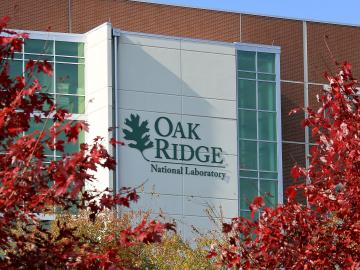
Thirty-two Oak Ridge National Laboratory employees were named among teams recognized by former DOE Secretary Dan Brouillette with Secretary’s Honor Awards as he completed his term. Four teams received new awards that reflect DOE responses to the coronavirus pandemic.
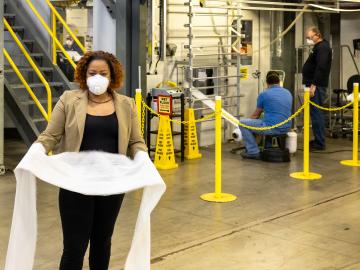
Three technologies developed by ORNL researchers have won National Technology Transfer Awards from the Federal Laboratory Consortium. One of the awards went to a team that adapted melt-blowing capabilities at DOE’s Carbon Fiber Technology Facility to enable the production of filter material for N95 masks in the fight against COVID-19.


